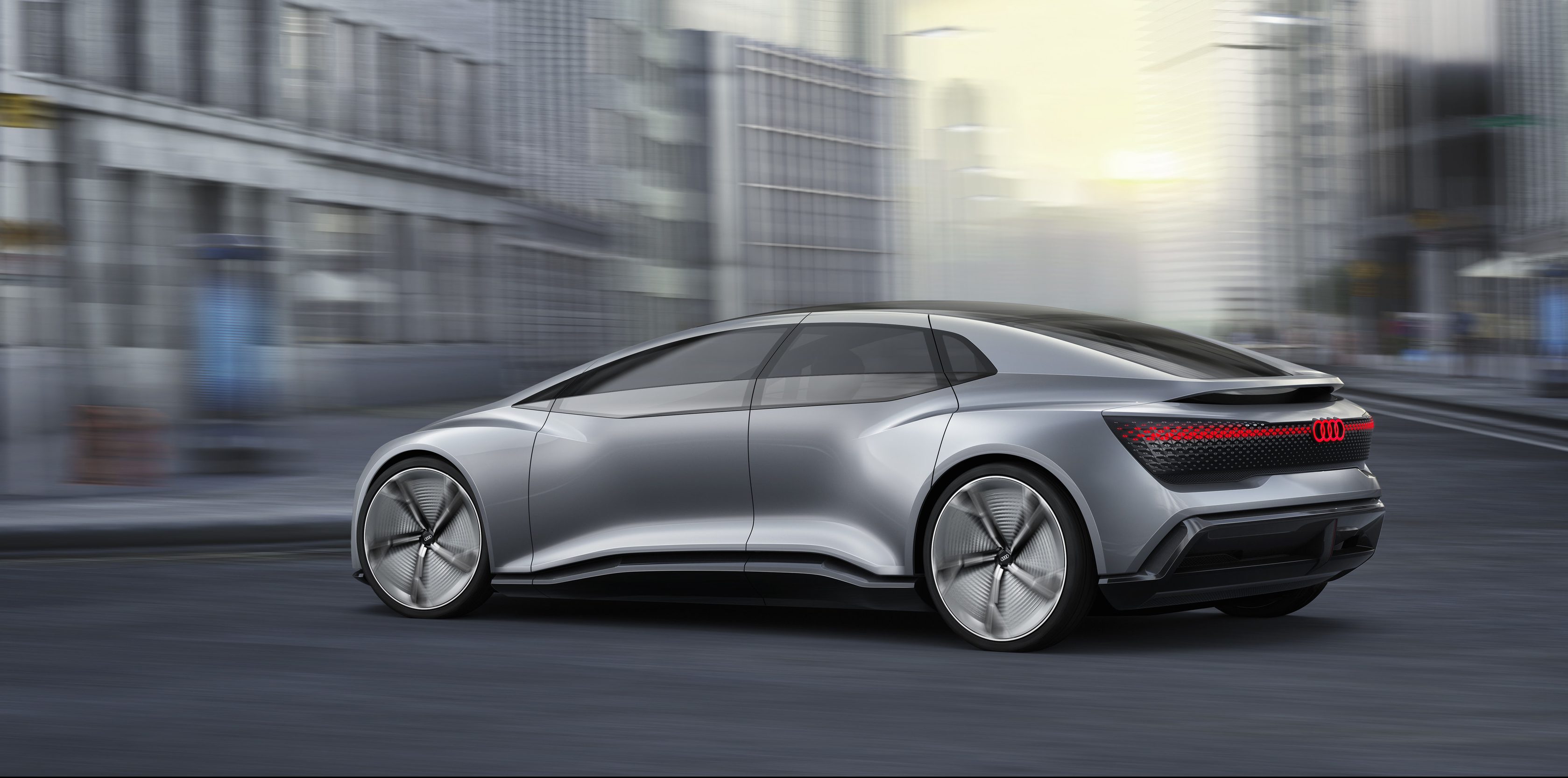Innovations in Electric Vehicle Tech
Dive into the latest advancements in electric vehicle technology that are powering a new era of transportation.

Electric Vehicle Technology is undergoing rapid and exciting changes, ushering in a new era in the automotive world. This piece will explore the latest trends and advancements in this evolving field that are not only propelling the sector forward but are also transforming our approach to transportation as a whole.
Navigating the Terrain of Electric Vehicle Technology
Given the constant shift and innovation in the domain of EV technology, staying on top of the newest trends may seem like an uphill battle. Nevertheless, understanding these advancements is crucial for industry professionals, auto enthusiasts, and potential buyers alike.
Table of Contents
- Environmental Impact of Electric Vehicles
- Innovative Battery Technologies
- Improving Charging Infrastructure
- The Rise of Autonomous Electric Vehicles
- Future of Electric Vehicle Technology
Environmental Impact of Electric Vehicles

One of the most crucial selling points of electric vehicles is their reduced environmental footprint. Thanks to no direct tailpipe emissions, these vehicles significantly reduce air pollution, a key factor in combating climate change. However, several other environmental considerations arise with this evolving technology.
Electric vehicle batteries, for instance, require rare elements, such as cobalt and lithium. Mining these can lead to detrimental ecological consequences. However, strides in recapturing and recycling these elements are being made, cushioning the environmental impact.
Life Cycle Assessment
A comprehensive look at this issue necessitates a "Life Cycle Assessment" (LCA). This examines all the environmental aspects of a product over its lifetime, from cradle to grave. It evaluates raw material extraction, manufacturing, operation, and end-of-life disposal. While EVs might have a higher environmental impact during manufacturing due to the batteries, on an overall life cycle, they still outperform their gasoline counterparts.
Innovative Battery Technologies

At the heart of every EV lies its battery. Battery technology is steadily advancing, with scientists pushing the envelope on efficiency, longevity, and affordability.
Presently, Lithium-ion batteries power most electric vehicles. Yet, the skew is about to change with several up-and-coming technologies:
- Solid-State Batteries: Unlike traditional batteries that use a liquid electrolyte, solid-state batteries employ a solid one. This can potentially increase energy density, safety, and longevity.
- Graphene Batteries: These batteries may boost the battery capacity dramatically, offering quicker charge cycles, greater lifespan, and improved safety.
With these innovations, electric vehicles are set to become more efficient, accessible, and mainstream.
Improving Charging Infrastructure
Gaining widespread acceptance of electric vehicles goes hand-in-hand with enhancing the charging infrastructure. Not only does it involve increasing the number of charging stations but also improving their efficiency.
Some notable advancements in this sphere comprise:
- Fast Charging: The advent of DC fast charging and supercharging shaves hours off the charging time.
- Wireless Charging: Still in its infancy, wireless EV charging is an emerging trend promising added user convenience.
- Vehicle-To-Grid: This novel concept allows EVs to supply excess power back to the grid, acting as mobile energy storage units and aiding in load balancing.
The advancement in charging infrastructure promises to make owning and operating EVs increasingly easy, providing substantial impetus to their adoption.
The Rise of Autonomous Electric Vehicles

Let us turn our gaze now towards a profound intersection of technology that has been setting a new frontier in the automotive world, the convergence of electric vehicles and autonomous technology.
A self-driving electric vehicle marries the best of both worlds: the eco-friendliness and cumulative cost savings of EVs, and the convenience and safety perks of autonomous vehicles. Consider Tesla, a renowned automaker at the forefront of this movement, consistently integrating and enhancing autopilot features in its electric vehicles.
How does Autonomous Driving Work?
Autonomous or self-driving technology employs complex algorithms, sensors, cameras, radars, and Artificial Intelligence to perceive its surroundings, interpret the information, make decisions, and implement them, all in real-time. On the surface, the vehicle's course appears seamless and effortless, but under the hood, a symphony of intricate technology is at play.
While fully autonomous cars where the driver can virtually take a backseat are still in the trial stage, semi-autonomous features like lane-keeping assist, automatic braking, adaptive cruise control, and self-parking have already made their way into several electric models on the market.
Future of Electric Vehicle Technology
As we edge closer to a future dominated by electric vehicles, it’s important to understand the direction in which the wind of innovation is blowing. Three major considerations stand out: Cost, Battery Range, and Autonomous Capabilities. Enhancing these facets will undeniably influence the trajectory of EVs.
- Reducing Costs: EV costs are currently on a downward trend, thanks to economies of scale and advancements in battery technology. As this trend continues, EVs will present a compelling value proposition over traditional combustion vehicles, pushing more consumers to switch.
- Improving Battery Range: Advances in battery technology and energy management systems are enabling electric vehicles to go longer distances on a single charge. This offers consumers a seamless transition and combats one of the biggest obstacles to EV adoption: range anxiety.
- Scaling Autonomous Capabilities: The onset of fully autonomous electric vehicles could democratize mobility, making every day commuting safer, more efficient, and convenient. However, regulatory, technological, and safety challenges need to be addressed.
In a nutshell, the automobile industry is at a crucial juncture, a cusp of revolutionary change spurred by electric vehicle technology. What seemed like a distant future a few years back is now knocking at our doors, promising a cleaner, value-packed, and technologically advanced transit experience.
Concluding Thoughts
Electric vehicle technology is a shimmering beacon, leading the way towards eco-friendly, efficient, and smart transportation. As we witness this dynamic landscape evolving right in front of our eyes, it's thrilling to envision the possibilities.
The wheels of progress are in motion; they won't stop. So, whether you're an auto enthusiast, an industry professional, or simply somebody contemplating a switch to EVs, you're bound to be part of this electrifying journey.
What's Your Reaction?

























































